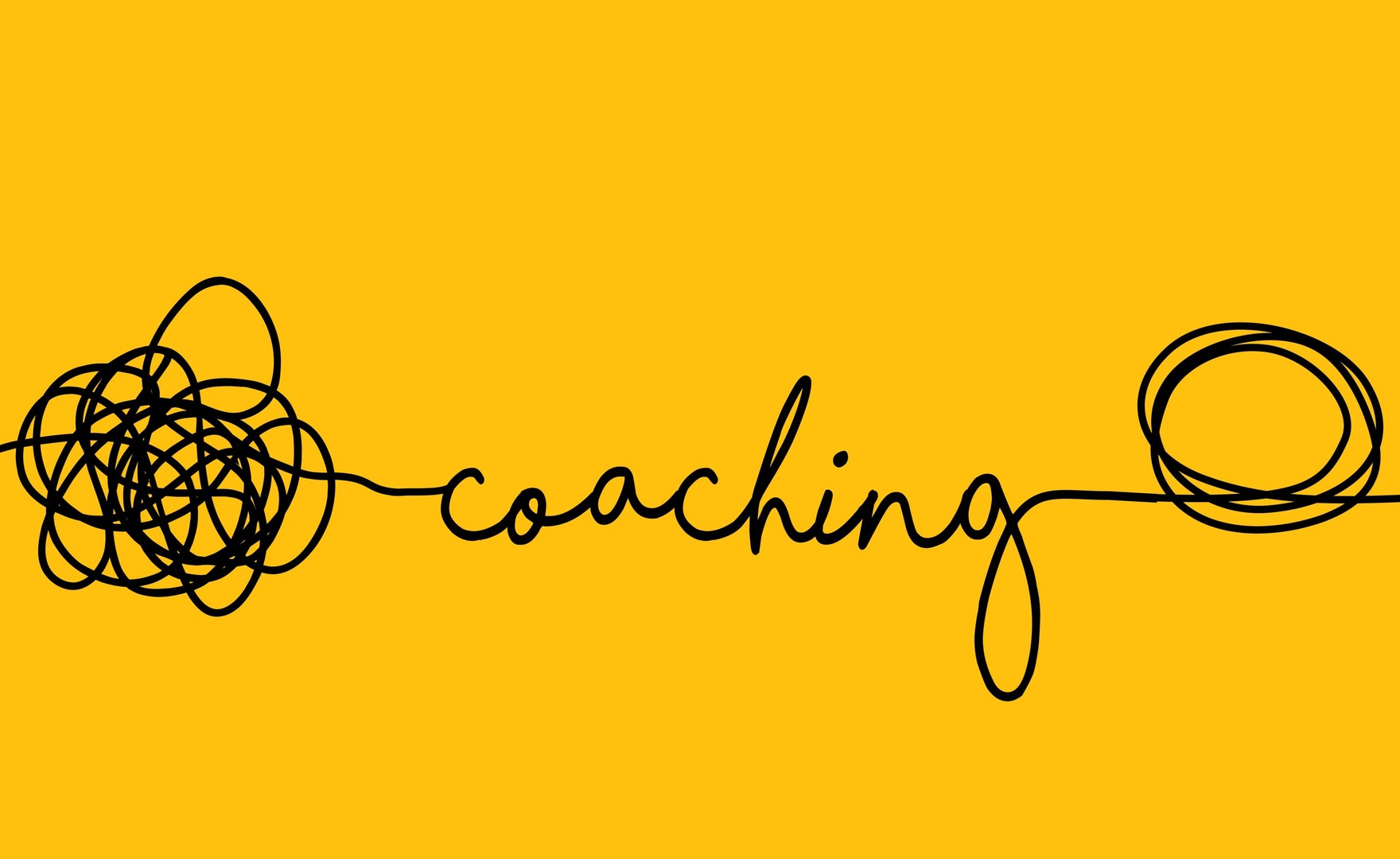The AoEC’s consultancy services are offered to organisations and feature a portfolio of tailored coaching based solutions and products that can serve to address a multitude of issues facing both large and small businesses today.

‘Oh yeah, by the way did I tell you that I’m a coach. Oh yes, I’ve been a coach for ages,’ is what I used to say. The truth is I did not even know what coaching is.
I knew that a coaching approach could be helpful. The sad reality was that in the corporate world I moved in, everyone was a coach. Or so they thought. We all had oodles of experience and many of us had a desire to help more junior colleagues progress and learn from our experience. When we were coaching, we unwittingly used a hybrid approach of mostly mentoring and advising. This is what we thought of as coaching.
Having left corporate life somewhat abruptly owing to a change in family circumstances, I then set out as a self-employed person still firmly believing that I was a coach.
The more I talked to people, the more doubts crept in. I was lucky enough to find plentiful work as a freelancer supporting assessment centres and giving people feedback. It was during this feedback stage that I noticed a lack of something. I wasn’t sure what, and I wondered whether it could be coaching.
Having googled ‘Where would I go to become a coach in London’ up popped the AoEC. I subsequently met John Leary-Joyce, founder of the AoEC, at a free open event and liked what I heard. I confidently told John “Oh yes I’m a coach.” He rightly, seemed doubtful about my experience and recommended that I took the AoEC Coaching Skills Certificate. As so often is the case with advice, I totally ignored this advice – mainly to save money. I duly signed up for the AoEC’s Practitioner Diploma in Executive Coaching back in 2010.
Day one was a total shock. Not only was it proved to me that I really had no idea what coaching is, but I was doing the exact opposite.
I was angry with myself, with a loud inner critic voice. Once the shock subsided, I calmed down and duly got on with the work of learning the skills and competencies of coaching. Looking back, I am eternally grateful to the AoEC’s amazing faculty for their patience during this sometimes-difficult learning journey.
Of course, I should not have been cross with myself at all. Many organisations and people make this same mistake. Recently I delivered a coaching taster event on behalf of a client company where I asked them to define coaching among other modalities. Sure enough, my previous uninformed definition reared its head.
Their definition of coaching was similar to the hybrid melting pot of skills that I had known so well.
Learning to withhold advice and knowledge is something which takes training, practice, reflection, time, and patience. We know that even light touch coaching skills are a great tool for managers to use in the workplace. The skills of listening, questioning and encouraging people to commit to their own outcomes can create a subtle cultural shift. This helps foster greater self-reliance and self-confidence.
Here is the International Coaching Federation’s definition of coaching ‘as partnering with clients in a thought-provoking and creative process that inspires them to maximise their personal and professional potential.’
If the definition surprises you, you are not alone. Reach out, - let’s have a conversation about it. If your organisation is using a definition which is not aligned to the competencies of coaching, the AoEC runs a short and interactive taster event to help you understand more fully what coaching is and how it can help as well as providing a practical exercise to experiment with the skills.
I cannot imagine that it would be likely that anyone would claim to deliver the skills of a profession they were not trained in, so it is curious how so many people think they are a coach, when they don’t understand what the definition is.
As the ICF says, coaching is still a relatively new field experiencing rapid growth and comes with unique challenges. The skills bring an unseen appreciation of boundaries, ethics and human psychology. If you want to use coaching to enhance the culture of your organisation, it is imperative that everyone shares a common understanding and vision for what coaching can achieve. Effective coaching skills training for learning and development professionals and all other managers is a great starting point.
Article
Is organisational culture the next frontier in investment? Embracing a coaching culture could be the answer!
21st October 2024 by Lee Robertson
Organisational culture has long been acknowledged as a critical factor in business success, but according to the recent report from…
Interview
In conversation with Shruti Sonthalia
21st October 2024 by Lee Robertson
Shruti Sonthalia is a Master Certified Coach (ICF) with extensive experience working with C-Suite and senior leaders across industries including…
Article
The story book roots of effective coaching conversations
21st October 2024 by Karen Smart
“Are you sitting comfortably?” … “Then I’ll begin” … “Once upon a time, there was …” Insert the main character,…